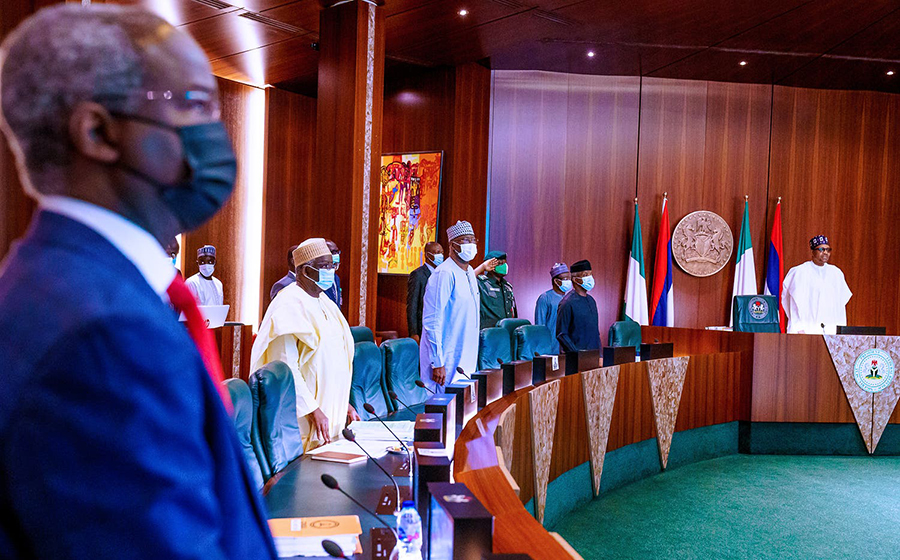The Ease of Doing Business Bill also known as the “Omnibus bill”, on Thursday, passed its second reading at the Nigerian Senate.
The bill which is an intervention of the Presidential Enabling Business Environment Council (PEBEC) is aimed at consolidating and amending outdated legislative provisions towards removing bottlenecks for micro, small and medium enterprises.
It seeks to amend twenty-three (23) business-related laws in Nigeria in order to improve the business environment in Nigeria.
What you should know about the Omnibus bill
The first version of the Omnibus Bill was produced by the Federal Ministry of Justice (FMoJ) and presented to the PEBEC in 2019.
- The bill is aimed at amending specific laws relating to ease of doing business and embodying such amendments into a single legislation to act as a catalyst for legislative reform of the Nigerian business climate.
- It also seeks to ensure the sustainability of the business climate and also give statutory force to Executive Order 001 of 2017 on the promotion of Transparency and Efficiency in the Business.
- The bill also seeks to amend the Companies and Allied Matters Act (CAMA) 2020 with the recognition of electronic share certificates, electronic voting at annual general meetings, and other information in tandem with technology best practices.
- The bill will also amend the Export (Prohibition) Act, to empower the Minister of Finance, Budget & National Planning to now have clear-cut powers to recommend goods that should be restricted from being exported.
- In addition, it also aims to encourage flexibility in terms of prohibited products and prohibition scope, to allow them align with economic realities at any given time.
- The overall benefits of the bill include ensuring efficiency in public service delivery in terms of time, cost, and procedure for doing business, improving transparency, removing outdated provisions from relevant laws, and providing incentives to encourage Micro, Small, and Medium Enterprises (MSMEs) participation in business, among other things.
- The bill reconciles the provisions of the Nigeria Export Processing Zones Authority (NEPZA) Act and CAMA to recognize the exemption of free trade zone companies licensed by NEPZA from company registration.
- The bill also provides for ease in the procedure for increase in share capital by including the option for such decisions to be determined by a resolution of the Board of Directors, subject to the provisions in the articles of association of the company or by the company in general meeting.
- The bill also proposes that the minimum number of independent directors for public companies be revised from three (3) to one-third of the Board.






















I did not see anything on excessive harassment and multiple taxation of businesses, quick accessibility of forex to businesses for raw material and equipment importation. Neither is there any mention of a serious plan to ensure speedy clearing and evacuation of such imports from the ports to avoid unnecessary demurrage and disruption of production activities at the factories. I wonder if these people seriously engaged manufacturing businesses before coming up with this sketchy draft.